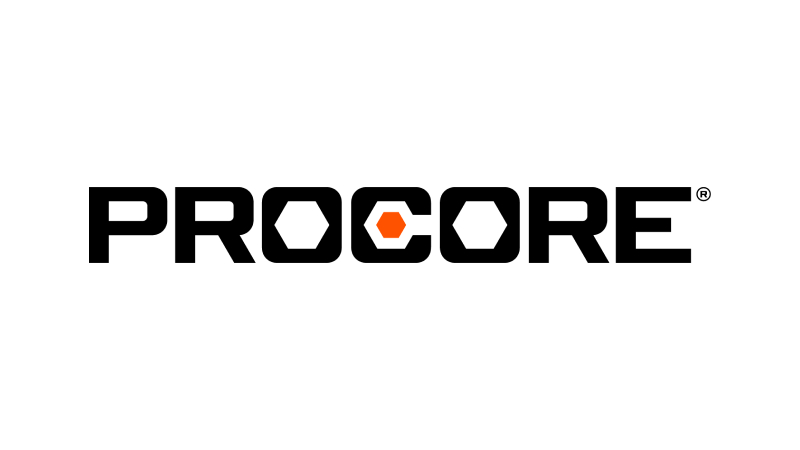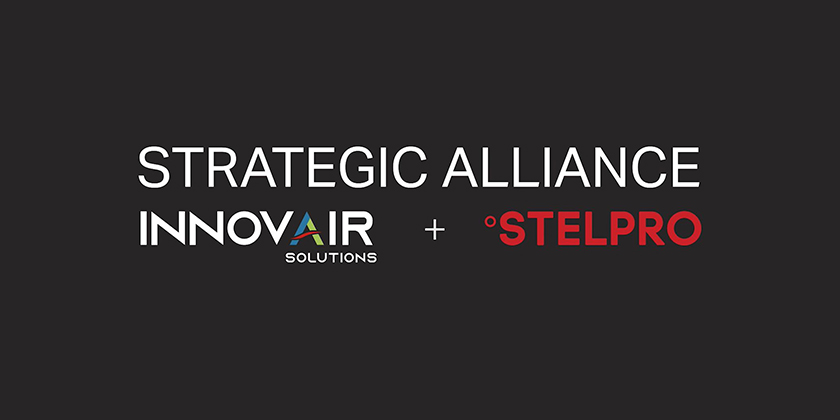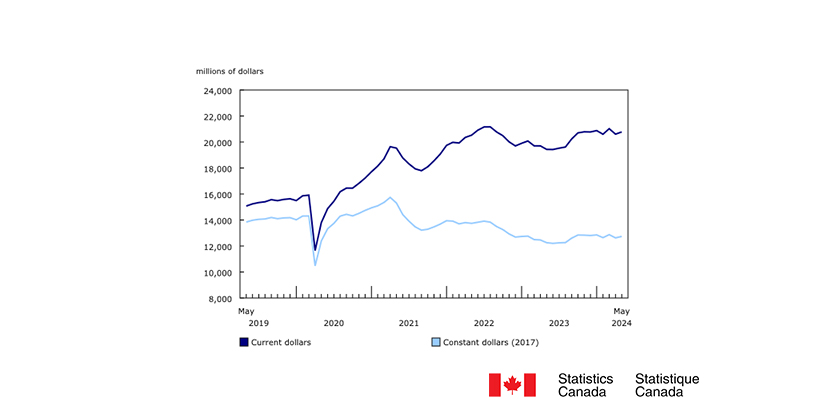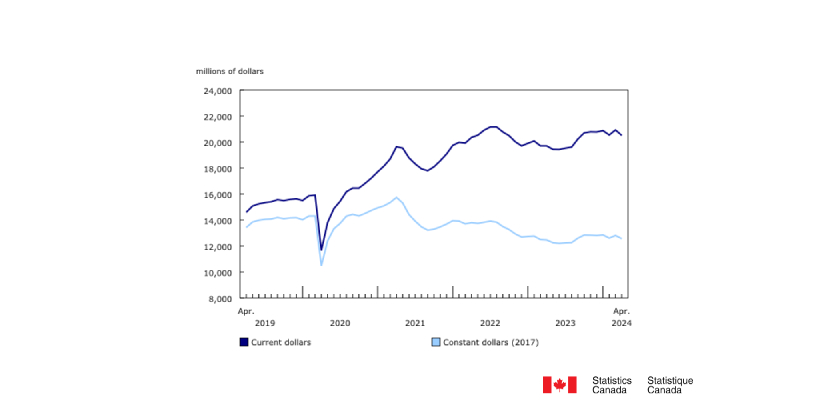Procore: Canadian Construction Trends to Watch in 2024
January 18, 2024

By Nolan Frazier, Regional Sales Director, Canada, Procore

As we kick off 2024, we’re tracking developments across the industry, including new technology, project backlogs, labour shortage, and attitudes toward mental health in construction.
This is a critical time for the industry, with new challenges and also opportunities for companies to be nimble. Understanding what lies ahead can help organizations prepare and ensure their processes are in line with the rest of the industry, and position them for success.
These are just some of the areas our team at Procore is looking out for in this new year ahead, and beyond:
Risk management will be a priority, leading to more available data. In 2023, tens of billions of dollars were wasted in the construction industry resulting from inefficiencies, led by the lack of risk management software. We’ll see more organizations look for a platform that can connect their construction data, structure that data, and then glean insights to help reduce risks on future projects. As more organizations adopt risk management technology, we’ll then see an increase of Internet of Things (IoT) sensors on equipment and more wearables on the jobsite collecting data, which can then be connected to the risk management platform.
AI will be more broadly implemented by construction companies. With more organizations implementing risk management technologies and an increase in data being collected in the industry overall (from people, equipment and IoT devices), we’ll see more organizations begin to embrace AI. Companies are starting to change the way they work, with less resistance to technology, and with all the data being collected, the foundation to adopt AI will be in place. (However, companies will need to be mindful that AI and large language models (LLMs) are informed by the data provided. If there’s bias in the data, that can affect output. It will remain necessary to validate answers from AI tools.)
Data and AI will help increase efficiency gains. Traditionally there’s a heavy burden on project teams to complete projects on time and on budget within a set parameter of quality and safety requirements. There’s added pressure to document everything, which can be very time consuming. But in 2024, automation in data collection on construction sites will alleviate those burdens. AI, including computer vision and generative AI, will enable companies to standardize and structure data throughout a project’s lifespan. From design with building information modeling (BIM) to purchasing materials and validating insurance information, AI will streamline data processes. This is not just about doing more with less — more importantly, it’s about being able to see around the bend and course correct ahead of time.
Augmented Reality (AR) and robotics will be more mainstream in construction. While in the past we were limited in understanding how to use AR because it was cost prohibitive and in early stages, it’s becoming more mainstream and available – we even have it on our phones. We’re already seeing more AR in construction use cases with more complex hardware. Proper setup and accuracy is very important for this to be more commonplace and we are on that track, with specific hardware being built for AR to improve accuracy. Robotics is also coming more into construction, with robots being put in place to help with repetitive and overnight tasks. And while that’s still cost prohibitive – there is a barrier with cost to entry – we will continue to see use increase as time progresses.
Supply chain and cost issues will continue to loosen, but that might not be true for green and sustainable materials. Supply chain effects of the last few years are starting to ease, which in turn will result in decreased costs for materials. However, if there is a push for net-zero buildings, the demand for sustainable materials specifically could be affected in terms of availability and price.
Construction will do more to track the carbon footprint of projects. It’s well-known the construction industry has a large carbon footprint, but new technologies are helping to increase awareness and the ability to determine where pollution is coming from, which will make it easier to measure and manage the problem. While companies around the world are taking sustainability more seriously, Canada can follow the lead of Europe, which is leading the charge in that area.
Conversations around mental health in the industry will rapidly evolve in the next couple years. We’ll start to see conversations evolve with businesses demonstrating their dedication to caring for their people by investing in the resources required to build holistic safety programs. Conversations about mental health will continue to expand and grow and gain momentum. This will ultimately translate to a total cultural transformation.
Hiring and retaining women and underrepresented groups will be a higher priority. Construction organizations are improving at attracting women and individuals from underrepresented groups into construction, but the challenge has been retaining them. One of the root causes for this retention issue is when women want to start a family. Looking ahead, we’ll start to see more career pathing and staggered shifts for individuals who are caregivers – with creative opportunities around how businesses support caregiving, and more hiring of returning mothers as part-time workers. In 2024 and beyond, we’ll start to see more meaningful interactions around creating better policies that will enable people to work within a timeframe that allows them to balance their lives a little bit better.
The labour shortage will continue to have far-reaching effects. The impacts of the chronic labour shortage on construction are all too obvious – there aren’t enough skilled workers to meet demand. However, the lack of workers in the industry doesn’t just delay projects and increase safety risk, it also creates problems beyond construction, increasing prices that in turn affect home buyers and renters. It also prevents us from effectively future-proofing our infrastructure for climate change and population growth, or even repairing existing aging infrastructure. This means that our future energy security, home buying power, ability to commute safely to work, and more, hinge upon getting more people into construction. It’s essential everyone – not only the industry – work to attract as many new workers as possible.
Project backlogs will persist in 2024. Canadian civil and infrastructure contractors reported that their backlogs had increased 38 per cent from pre-pandemic levels in the recent Top Civil and Infrastructure Trends Report by Procore and AGC. There may be several drivers behind this growth, including increased population fuelled by immigration as well as robust consumer spending, which reached an all-time high in the second quarter of last year. The push towards green technologies, a need to develop more robust localized supply chains and government investments are other considerations. These are all factors that will continue into this new year.
















